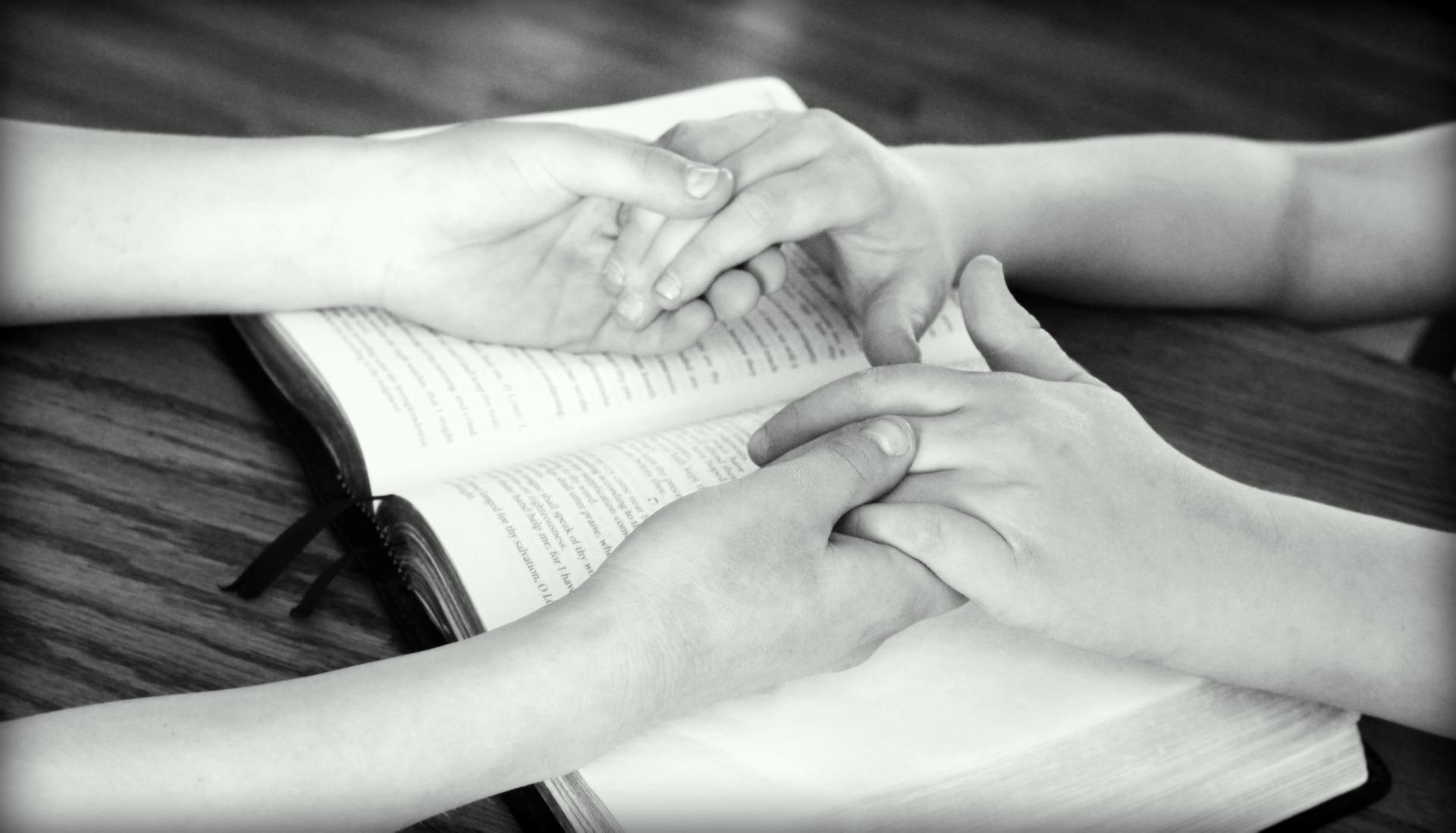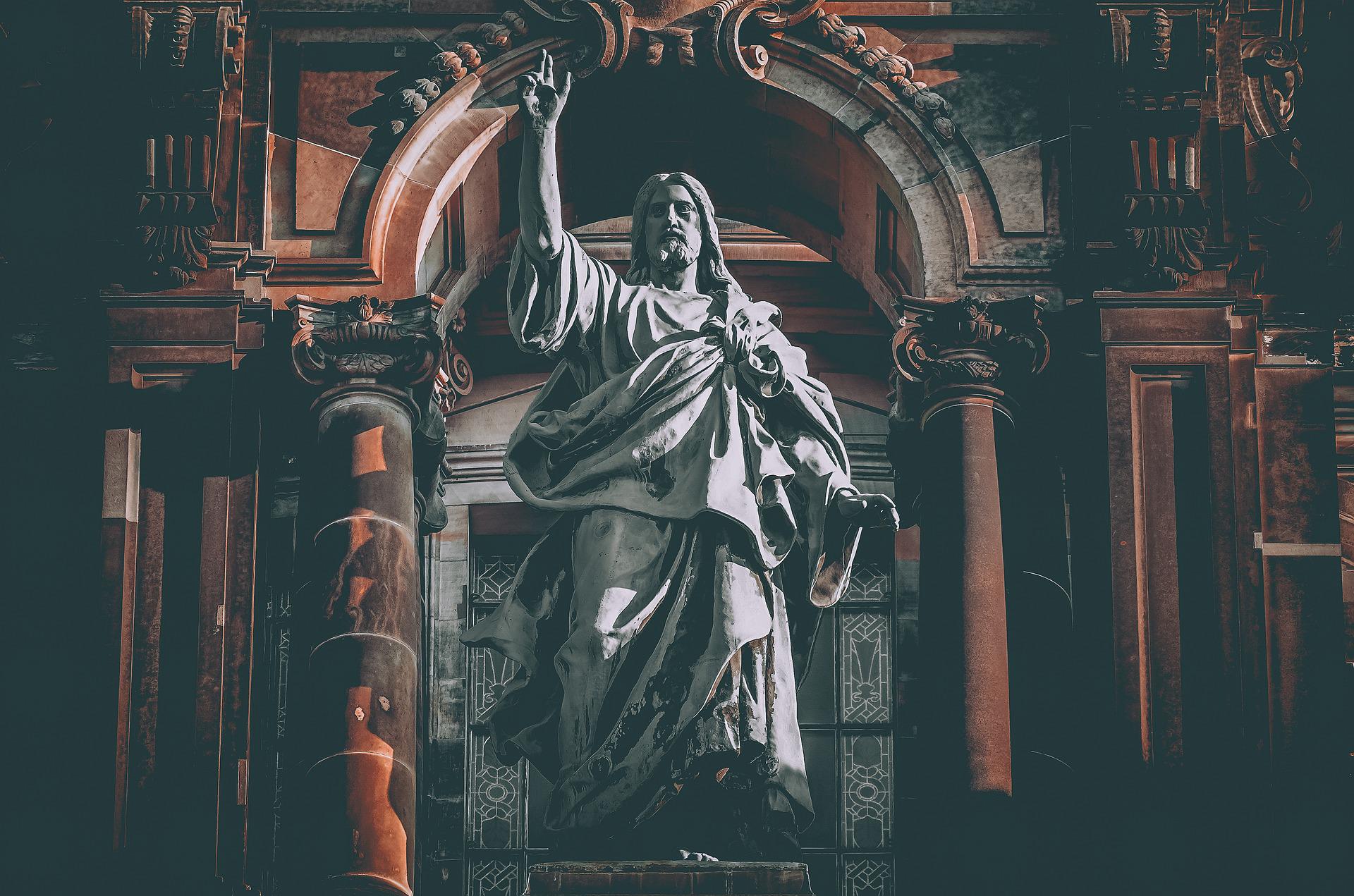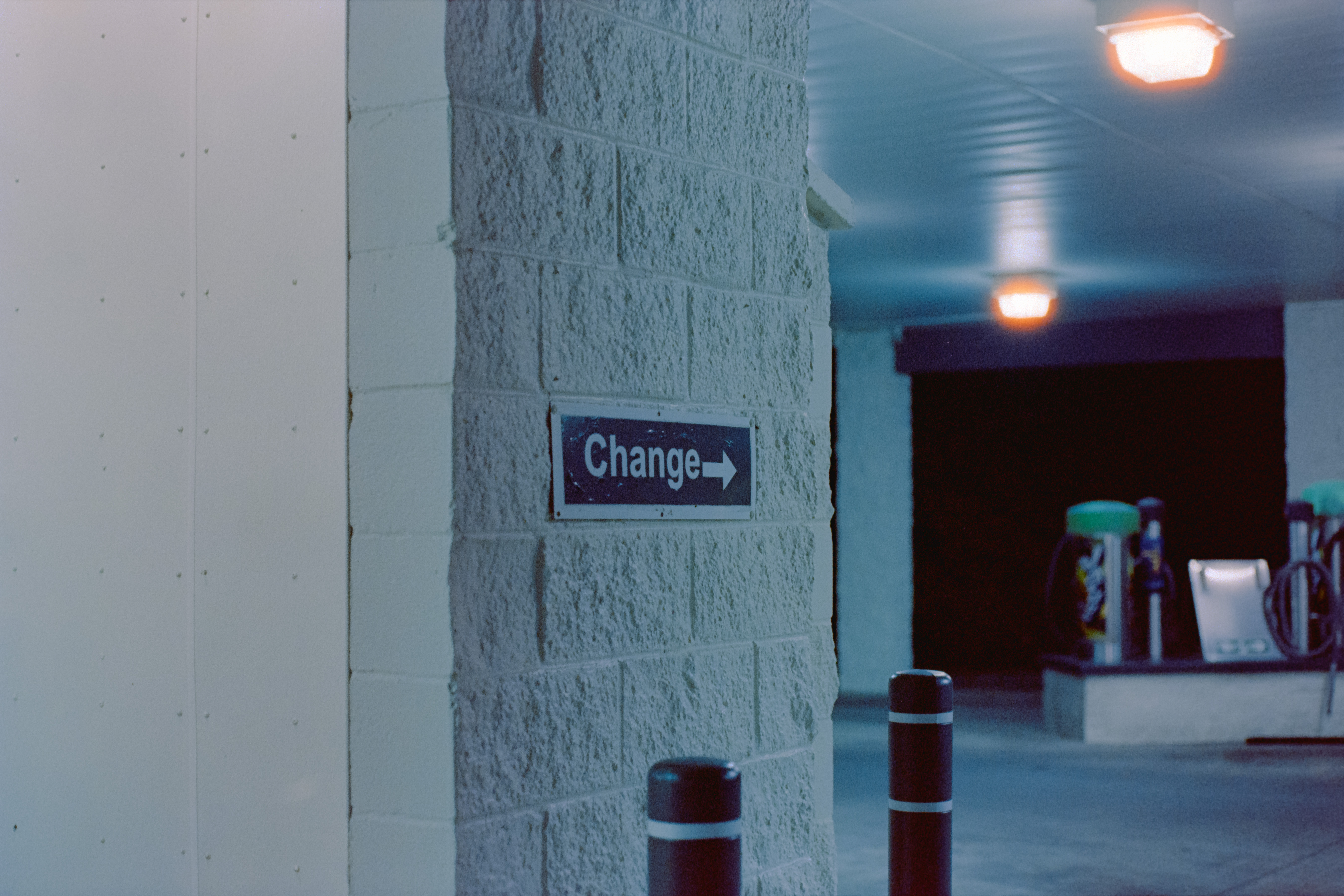I think we are often afraid to ask God for things. We don’t want to seem greedy or selfish. We want to feel self-sufficient and capable. And what person hasn’t heard a comment like, “Well I asked God for patience and He gave me so many opportunities to practice I just couldn’t handle it!”
Yet the apostles in today’s Gospel seek Jesus out and ask Him to teach them to pray. Jesus gifts them the most foundational prayer in Christianity, The Our Father. Jesus then continues, as if this intimate prayer wasn’t already revolutionary enough, and explains further how we ought to approach God in prayer.
Perhaps this is where the revolutionary aspect of the Our Father comes into play. Throughout the Old Testament, God was present with His people, but they could not see Him. The Holy of Holies in the Temple was only to be entered once a year on Yom Kippur. It was the most sacred place, the place where God met His people.
Jesus draws us into intimate communion with God, His Father. We don’t have to wait for a single day of the year, we don’t need a priest to pray for us. Jesus ushers into being a new relationship between God and His creation. Through Jesus, we become God’s children. It is fitting then, that Jesus asks the disciples to consider how a father responds to the requests of his children. If earthly fathers and mothers know how to treat little ones, how much more will God generously give to His beloved children?
Here is the trick, however. God desires a relationship with us. This isn’t a forced situation. In order for God to give, we must turn to Him and ask. And ask and ask and believe and believe. God desires every good thing for us and works all things for our benefit. This does not mean we will not experience trials or sorrow. It does not mean we will magically receive whatever we ask for – it didn’t work with our parents when we wanted that pony when we were 7, it doesn’t work that way with God either.
Jesus shows us the way. Come before our Father as a child, with empty hands. Ask in earnest, with every expectation that what is best for us along our journey to heaven, will be given to us.
Creo que muchas veces tenemos miedo de pedirle cosas a Dios. No queremos parecer codiciosos o egoístas. Queremos sentirnos autosuficientes y capaces. Y qué persona no ha escuchado un comentario como: “Bueno, le pedí paciencia a Dios y me dio tantas oportunidades para practicarla que ya no pude más!”
Sin embargo, los apóstoles en el Evangelio de hoy buscan a Jesús y le piden que les enseñe a orar. Jesús les regala la oración más fundamental del cristianismo, el Padre Nuestro. Jesús luego continúa, como si esta oración íntima no fuera ya suficientemente revolucionaria, y explica más cómo debemos acercarnos a Dios en la oración.
Quizás aquí es donde entra en juego el aspecto revolucionario del Padre Nuestro. A lo largo del Antiguo Testamento, Dios estuvo presente con Su pueblo, pero ellos no podían verlo. Solo se debía ingresar al Lugar Santísimo en el Templo una vez al año durante Yom Kippur. Era el lugar más sagrado, el lugar donde Dios se encontraba con Su pueblo.
Jesús nos lleva a una comunión íntima con Dios, su Padre. No tenemos que esperar un solo día del año, no necesitamos un sacerdote que ore por nosotros. Jesús marca el comienzo de una nueva relación entre Dios y su creación. A través de Jesús, nos convertimos en hijos de Dios. Es apropiado, entonces, que Jesús les pida a sus discípulos que consideren cómo responde un padre a las solicitudes de sus hijos. Si los padres y las madres terrenales saben cómo tratar a sus pequeños, ¿cuánto más generosamente dará Dios a sus hijos amados?
Aquí está el truco, sin embargo. Dios desea una relación con nosotros y no es una situación forzada. Para que Dios nos dé, tenemos que voltearnos hacia Él y pedirle. Y pedir y pedir y creer y creer. Dios desea todo lo bueno para nosotros y dispone todas las cosas para nuestro beneficio. Esto no significa que no experimentaremos pruebas o tristezas. No significa que recibiremos mágicamente todo lo que pidamos: no funcionó con nuestros padres cuando queríamos ese caballito cuando teníamos 7 años, tampoco funciona de esa forma con Dios.
Jesús nos muestra el camino. Ven ante nuestro Padre como un niño, con las manos vacías. Pida con fervor, con toda expectativa de que se nos dará lo que es mejor para nosotros a lo largo de nuestro camino hacia al cielo.
 Kate Taliaferro is an Air Force wife and mother. She is blessed to be able to homeschool, bake bread and fold endless piles of laundry. When not planning a school day, writing a blog post or cooking pasta, Kate can be found curled up with a book or working with some kind of fiber craft. Kate blogs at DailyGraces.net.
Kate Taliaferro is an Air Force wife and mother. She is blessed to be able to homeschool, bake bread and fold endless piles of laundry. When not planning a school day, writing a blog post or cooking pasta, Kate can be found curled up with a book or working with some kind of fiber craft. Kate blogs at DailyGraces.net.
Feature Image Credit: Godsgirl_madi, pixabay.com/photos/holding-hands-bible-praying-friends-752878/











